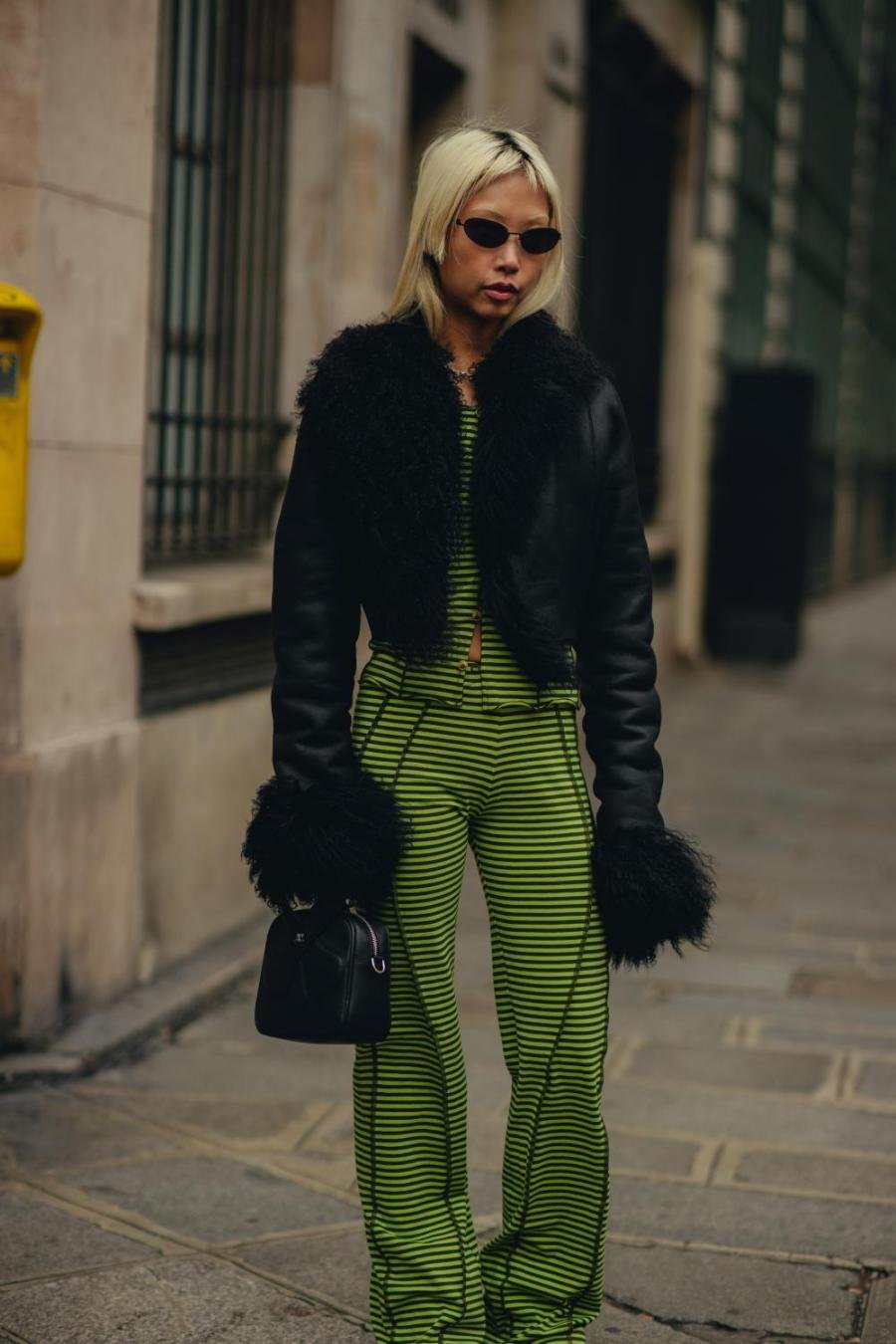Paris Fashion Week's Sustainability Commitment: Is It Enough?
Photo: The Fédération de la Haute Couture et de la Mode (FHCM)
Paris Fashion Week has long been regarded as the pinnacle of luxury and creativity, but in an era of climate crisis, the event’s commitment to sustainability is increasingly being questioned. While some designers are standing out for their eco-conscious efforts, the overall pace of change is lagging behind. It’s no longer enough for a few brands to wave the sustainability flag—the entire event needs to embrace more meaningful environmental and ethical practices.
The Fédération de la Haute Couture et de la Mode (FHCM), which governs Paris Fashion Week, has established two key commissions that outline their dedication to progress: the Innovation & Sustainability Commission and the Social Commission.
According to FHCM, the Innovation & Sustainability Commission contributes to the development of initiatives and methods that respect creativity, craftsmanship, and social responsibility. It also monitors technological evolutions and their implications for the fashion industry. Additionally, the Social Commission focuses on labor laws, diversity, inclusion, and professional equality, ensuring that the industry's social policies evolve in step with broader societal expectations.
But the question remains—what does this mean in practice? While these commissions sound promising on paper, critics argue that concrete actions are missing. Fashion Week continues to feature many brands that operate within the traditional, unsustainable fashion model. For the commission’s work to have a meaningful impact, it needs to push the entire event toward greater transparency, reduced waste, and ethical practices across the board.
Photo: ©Launchmetrics/spotlight, Stella McCartney
Designers Leading the Charge
Despite this criticism, some designers are making genuine strides toward sustainability. At last season’s Paris Fashion Week, Stella McCartney led by example. With her father, Paul McCartney, and Beatles bandmate Ringo Starr watching from the front row, she used her platform to call on the fashion world to "wake up." McCartney said 90% of her collection was made from eco-responsible materials, including vegan leather, which she claimed was indistinguishable from traditional leather to the naked eye. Her bold choices challenged the luxury fashion industry to think beyond aesthetics and embrace ethical materials that don’t compromise on style.
Another standout was Marine Serre, a 32-year-old French designer known for her commitment to upcycling and environmental consciousness. Propelled by her 2017 LVMH Prize win, Serre has carved a niche in the fashion world with her innovative use of recycled materials. For her latest show, Serre took a different approach to the traditional Fashion Week setup by staging her presentation in Ground Control, a Parisian food hall filled with pizza stands, cafe tables, and a florist. Serre’s choice of venue was a statement in itself, as she told AFP that she dislikes the temporary structures built by big brands for their 10-minute shows.
Serre’s collection, which blends sportswear with haute couture, continues to push the boundaries of sustainable fashion, showing how creativity can thrive within environmental limitations.
Photo: The Fédération de la Haute Couture et de la Mode (FHCM)
Not Just a Few Voices—A Movement
While designers like McCartney and Serre are taking bold steps, the entire event needs to follow suit. We are looking forward to seeing how Paris Fashion Week this season will embrace sustainability as a core principle across all brands, not just in a few standout shows. To learn more about the fashion show’s responsibilities and sustainability opportunities, check our article: Call for Action!



